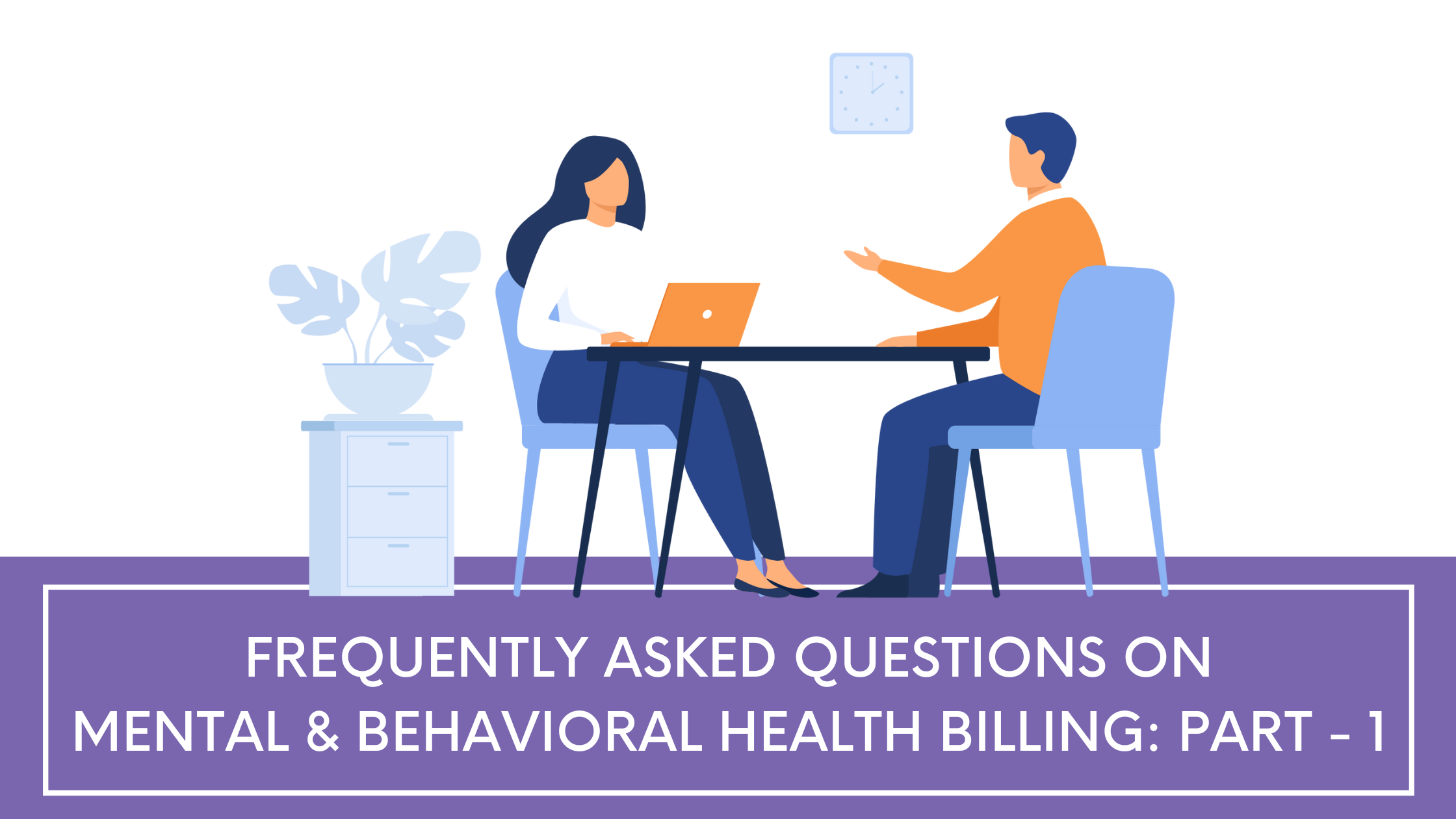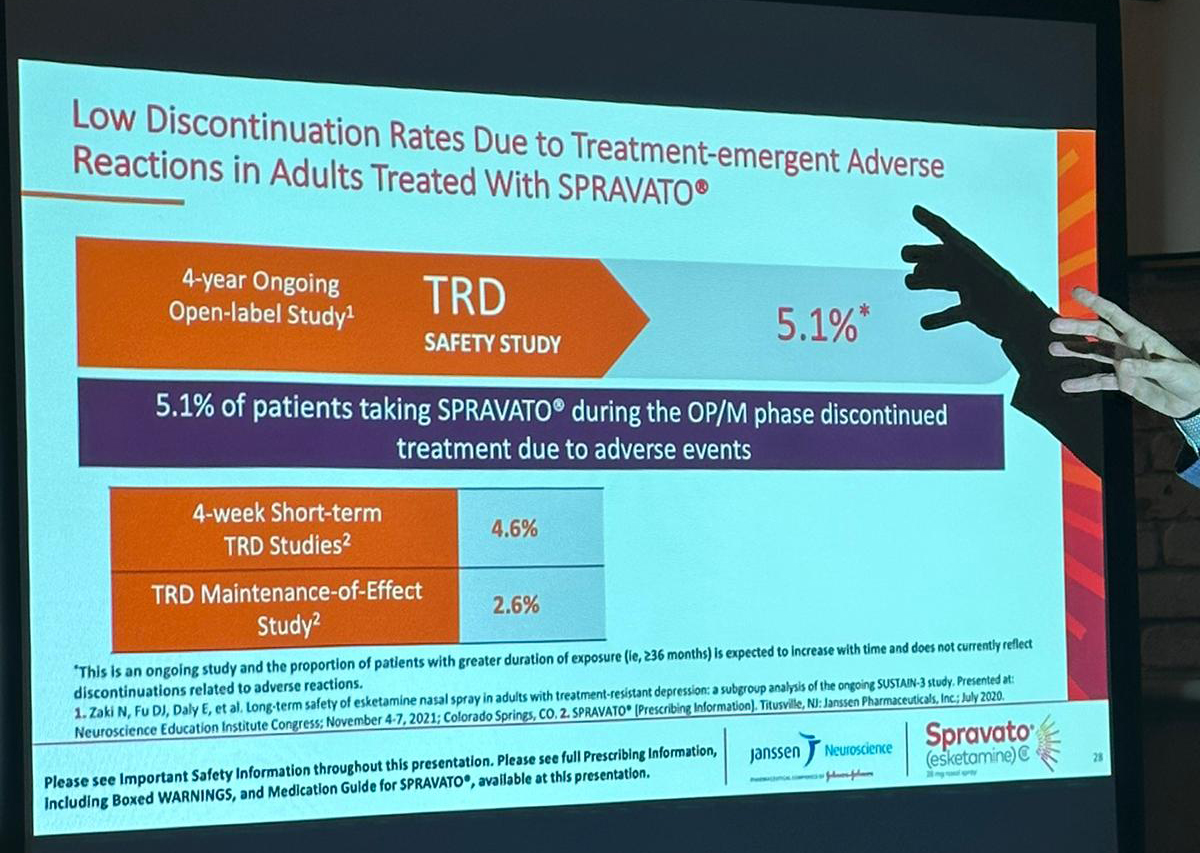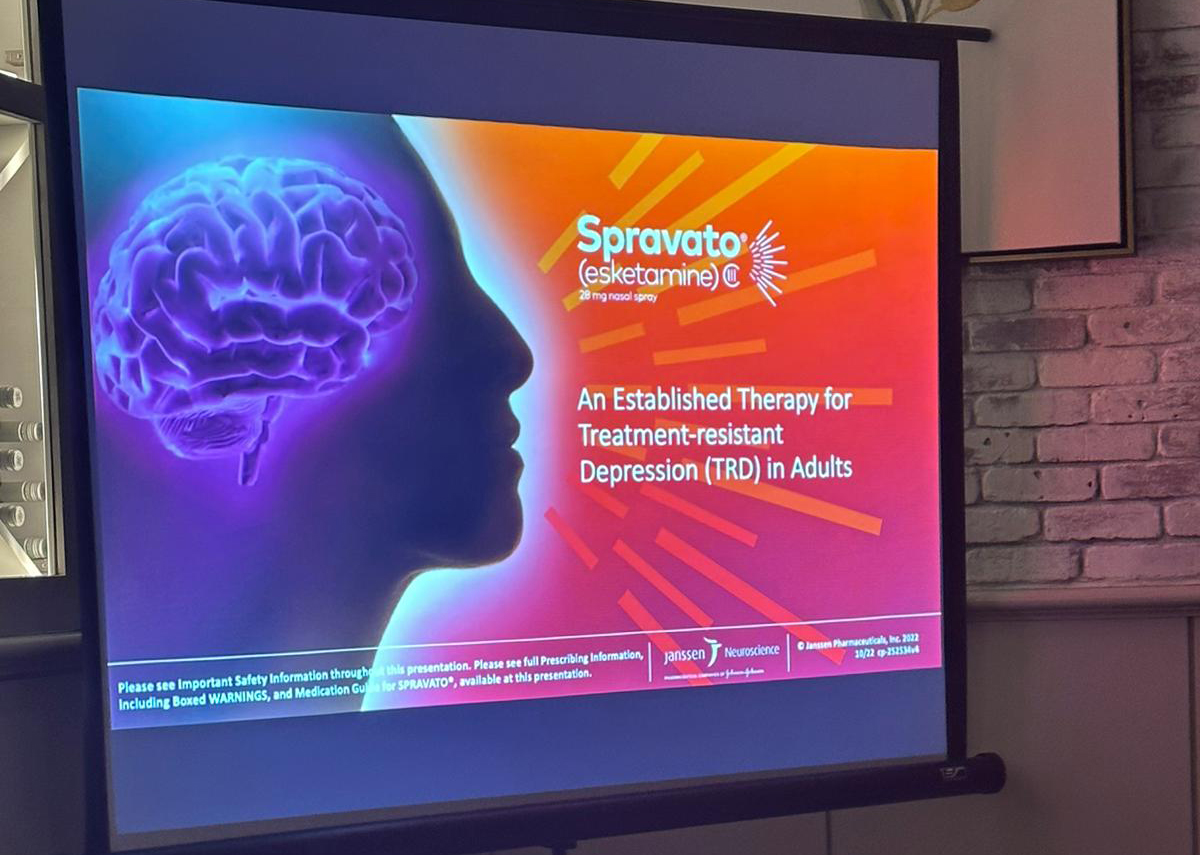FAQs on Mental and Behavioral Health Billing: Part – 1
Submitting claims is a frustrating process and most often this is where the mental health professionals face challenges. If it gets difficult to seek reimbursements for the services that were rendered by them in the first place, that is something that effectively demands a fix.
However, the distinct rules and regulations set out by different insurance companies come into play when it comes to challenges faced by healthcare professionals. In mental healthcare, there are additional challenges as there are no standardized processes and corresponding codes unlike other healthcare specialties.
Mental health professionals cannot sustain in the sector if they aren’t paid correctly to maintain sufficient funds required for running the facility. For behavioral health billing services there are only limited administrative support, so it becomes the toughest task to process billing and there comes time management issues and revenue leakages.
One of the reason the mental health profession is not pursued by many because of the red tape involved in the insurance sector.
Majority of the practicing mental health professionals have chosen their career path to help others, but without continuous and effective financial support, these practitioners might have to forget about their motives and lose their stability in the sector.
The questions and answers that are frequently asked about billing for mental and behavioral health services are shown below.
Table of Contents
1) What is the difference between mental health billing and medical billing?
Although all the fields in the healthcare sector are prominent, the processes that are conducted within the clinics vary significantly. Let’s take medical healthcare for instance, the standard procedure for a patient visit includes taking history, evaluation of the vitals including BP, weight, height, other checks that are generally common. The diagnostic tests may vary, but the processes conducted are standardized. For the same reason, medical billing is comparatively easier to deal with although it also constitutes challenges of its own.
In case of mental health billing, insurers bill the patients for distinctive procedures that are not completely standardized or are fixed like therapy, psychological testing, and such. Insurers have specific set of rules to have clear understanding about the length of the session, kind of treatment suggested to the patient, number of visits per week, maximum number of treatments etc. so that they can be billed according to those criteria. Hence, it can be difficult for mental health providers to strike a balance between an effective treatment plan and acceptable reimbursement when the patient’s mental health needs exceed the treatments the insurance is willing to pay for.
2) How long do insurance payouts for mental health care normally take?
Around 30 days is the most common turnaround time for mental healthcare service reimbursement, but there are insurance companies who speed up the entire process and bring it down to about 2 to 3 weeks.
3) How to improve collections in mental and behavioral health services?
Mental health practitioners including psychologists, psychiatrists, and therapists can set out to enhance their collections by hiring the right resourceful staff who know all about mental and behavioral health services, and its nuances. The increased revenue from seeing more patients and expanding your practice will more than make up for the additional expense of hiring someone.
4) Following insurance reimbursement, can clients be charged the remaining amount?
Not if the mental/behavioral health practice is in-network with the patient’s insurance in which case the balance amount must be written off. This might sound a bit stinging but it is always easy and effective to retain an insured patient and such patients are always reliable and are open to make revisits as well.
On the other hand, if the patient’s insurance isn’t under the mental/behavioral health practice’s network, then the provider may bill the patient for the remaining costs.
5) What must be done if the patient doesn’t inform of changes in the insurance plan?
Insurance notices on changes in plans can be really hard to understand, especially for patients. So, in most cases patients aren’t actually aware of the changes that are updated. In some cases, the patient would have changed jobs, and thereby the insurance plans would also have changed. Whatever may be the situation, it is always the best option for mental and medical health professionals to evaluate the patient’s insurance information prior to every encounter.
Also, communicating regularly with the insurers will ensure that the practice is well-informed of all the changes. Even though this is tedious and labor intensive, it ensures that appropriate payments are received for the services rendered.
If the mental healthcare billing claims has already been submitted to the insurer for the patients who are no more covered for the given plan, then it is always best to reach out to the patient and get the updated details. If the patient does not have any insurance plan, the mental healthcare staff should attempt to collect money from the patient. If they have a new coverage, then the claim must be submitted to the new insurer.
6) Do the majority of sessions require prior authorization?
The need for prior authorization varies from one insurance company to the other. Some insurance companies require prior authorization for several procedures, tests, and such. In case of a regular patient encounter, they may not need a prior authorization but then again for they might need prior authorization subsequent visits.
Closing words:
Aligning all your behavioral health needs can get really challenging. It is always the best option to look for alternatives that could simplify this complex task. The most effective option is to outsource your billing services including prior authorization to a vendor with precise knowledge and exposure to the field of mental health billing.
Practolytics offers mental health and behavioral health billing services so that the healthcare professionals can focus on their day-to-day patient activities, which is the core concept of any healthcare
Reach out to us for more queries.
ALSO READ – 6 Essential Billing Practices for Mental and Behavioral Health










